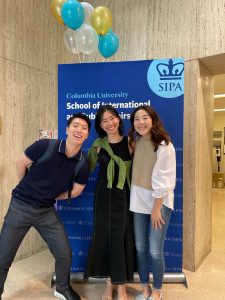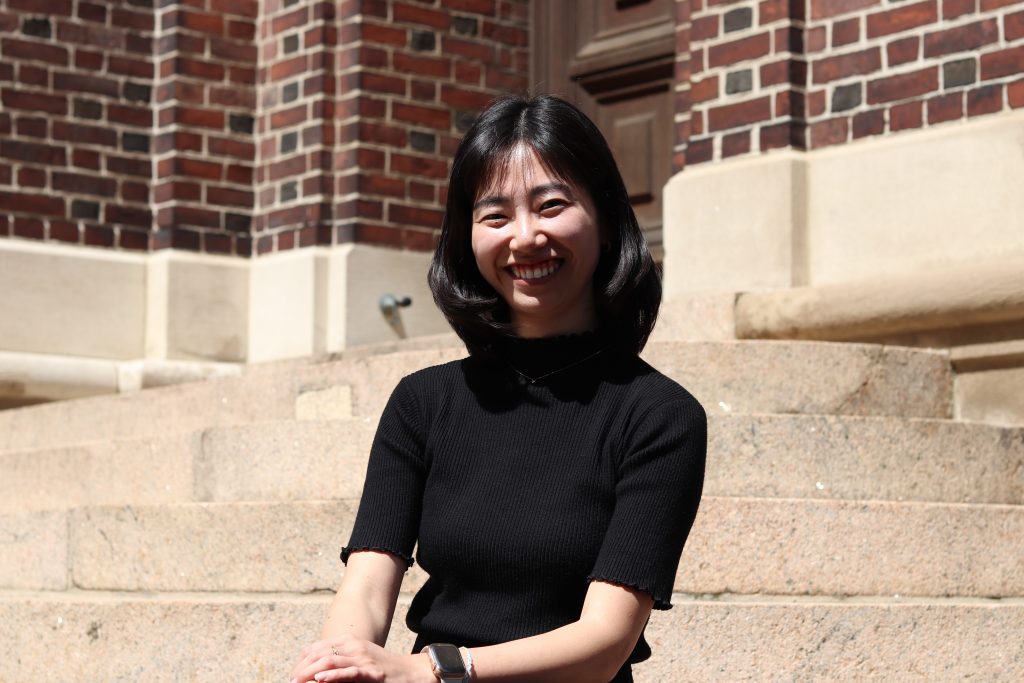“Maybe you should wear pants instead of skirts if you’re going to be out late.” When I was younger, my mother habitually gave me this advice as I headed out the door. Understanding her concern, I used to avoid mini skirts when I knew I would be coming home late – until I learned about the concept of “The personal is political” in my undergraduate gender and sexuality class. Since then, I have come to understand that most social issues, including gender inequality, are not the outcome of individual choices but rather part of a broader systemic injustice. This made me realize that in solving social challenges, it is critical for one to approach them through the “political,” or the “public” lens, to address the defects in our social structure that breed inequality.
Yet, far too often, the “public” lens is overlooked when it comes to gender issues, including sexual assaults, leading to poster campaigns that merely ask victims “to be more alert,” reinforcing society’s intransigence towards gender issues. To solve social problems such as gender inequality, I believe that it should not be up to the marginalized to seek ways of surviving this unjust society, but it should instead be about making systemic changes to the current social fabric. This endeavor to tackle gender inequality with the “public” lens through policy design is what kindled my interest in pursuing a Master of Public Policy.
This was the opening to my statement of interest, which I submitted as part of my application to GraSPP.

Looking back nearly two years later, I can confidently say that the dual-degree combination of GraSPP and SIPA, the School of International and Public Affairs of Columbia University, has been the perfect corollary for me. Through the dual-degree program, I was able to first cultivate principal knowledge of law, politics, and economics during my first year at GraSPP. This pragmatic knowledge is now enhanced with the capacity to diagnose the implications for gender in various programs and policies, as I pursued a specialization in gender and public policy during my second year at SIPA. Combining the strong foundations of policy-making with an aptitude for gender mainstreaming, I can now employ gender analysis as a strategy to illuminate the intersectional impacts of gender as an integral dimension of the design, evaluation, and implementation of policies. Provided that gender relations are intrinsically related to all social domains – from security to climate change and beyond, integrating gender insights into policy design will be key to ensuring that systemic inequality is not perpetuated. I am confident that the competencies acquired through my academic endeavors will prove to be beneficial in any work that I undertake in the future.
 However, this is not to say that I have found a grand solution to the original inquiry I started with. On the contrary, I will graduate from GraSPP and SIPA with more questions, conundrums, and dilemmas than ever before. These quandaries include, but are not limited to – how can we overcome the perennial dilemma of promoting gender equality through the “business case” rhetoric? Have gender experts and scholars, including myself, been complicit in the convergence of gender equality with neoliberal capitalism? How can we instrument structural change that challenges existing power relations? And finally, what kinds of “gender equality” are we seeking to facilitate?
However, this is not to say that I have found a grand solution to the original inquiry I started with. On the contrary, I will graduate from GraSPP and SIPA with more questions, conundrums, and dilemmas than ever before. These quandaries include, but are not limited to – how can we overcome the perennial dilemma of promoting gender equality through the “business case” rhetoric? Have gender experts and scholars, including myself, been complicit in the convergence of gender equality with neoliberal capitalism? How can we instrument structural change that challenges existing power relations? And finally, what kinds of “gender equality” are we seeking to facilitate?
While these questions highlight the tensions between academics and real-world application, one thing I could proudly take away from the past two years would be the importance of embracing ambiguities, ambivalences, and contradictions involved in any academic endeavor. No, it is highly unlikely that you will be able to reach the be-all, end-all solution to your inquiries in just two years. No, your experiences will probably not be full of roses and champagne. And yes, pursuing an academic inquiry will most likely be a constant navigation of ambiguities, complexities, and, at times, compromises.

In spite of it all, if anyone is grappling with an intellectual enigma that keeps them up at night, I would highly recommend giving a postgraduate degree, or even a dual-degree opportunity a chance. By embracing ambiguities and ambivalences involved in the process of “learning, “we can tease out the tensions and struggles to collectively seek creative ways of promoting transformative change. After all, the role of academia is to engage, exhort, establish, and influence. And thus, it is my hope that everyone is given the opportunity to pursue their inquisitive spirit, which I believe will be the building blocks for optimistic change.



